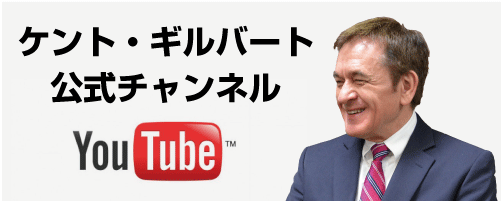【ニッポンの新常識】 Common Knowledge Revisited㊲
南京事件ユネスコに登録で考える 朝日新聞と「マッチポンプ」
Nanking Incident Recorded by Unesco: Asahi Newspaper and “Matchi Ponpu”
http://www.zakzak.co.jp/society/domestic/news/20151017/dms1510171000003-n1.htm

UNESCO formally decided to register documents concerning the so-called “Nanking Massacre” in the Memories of the World.
The story of the Nanking Massacre popped up suddenly at the International Military Tribunal for the Far East and at the Nanking Military Tribunal held by the Nationalist Chinese government. The incident supposedly took place in December 1937, but the leader of the National government Chiang Kai-shek never criticized Japan once before the end of the war about this incident.
Japanese first learned of this incident through a program called “This Is the Truth” broadcast on NHK Radio from December 1945 through February 1946. They did not realize it was part of the GHQ war guilt information program run by GHQ, and a sense of guilt was implanted in them.
Over time, the miracle was forgotten that in Nanking, a city of 200,000 people, 300,000 citizens were massacred, and then one month later the population of the city had increased to 250,000.
In 1971 the Asahi Shinbun began running a series of articles titled “China Travels.” Regarding this series, journalist Katsuichi Honda revealed in an interview in Kimihiko Baba’s book “Japanese Image of Postwar China” (Shinchosha) that the revolutionary party cooperated in the interviews (with NHK) and in fact provided the parties to be interviewed. This was one trigger leading to the People’s Republic of China (PRC) making political use of the Nanking Incident.
Regarding the current reports, on October 11 the Asahi Shinbun editorialized: “Memories of the World: Do Not Drag Politics into History.” I will quote a portion of the editorial.
“By rejecting a view of history widely acknowledged internationally and losing its cool, Japan will undoubtedly be viewed as not having any remorse over its past.”
Is their intentional to defuse the situation? The Japanese term “matchi ponpu” (a person who stirs up trouble in order to gain the credit for solving it) has never seemed more appropriate since the Coral Incident in 1989 (when an Asahi reporter himself wrote graffiti on a coral reef recorded in the Guiness Book of World Records in Iriomote-jima, and then photographed it and reported it as a great problem). It’s not just the Nanking Incident. Regarding the comfort women issue, etc., Asahi is widely regarded as being deeply involved in the national crisis where Japan suffers continuing criticism from China and Korea.
Over a year has passed since Asahi retracted its false reporting on the comfort women issue. If Asahi is truly repentant about its past and is concerned about the interests of the Japanese people, it should publish its retractions and corrections in American and Korean newspapers in English and Korean, but there is no indication that it has any intention of doing so.
A newspaper’s freedom of expression in interpreted liberally. However, broadcast outlets licensed to use public airwaves are expected to maintain political neutrality under Article 4 of the Broadcast Law. Is it not time for TV Asahi to remonstrate against the excesses of its parent company, Asahi Shinbun? Before they go down together.
毎週日曜日発行 まぐまぐメルマガ:http://www.mag2.com/m/0001655307.html
Official
Home Page 公式サイト:http://www.kentgilbert.com/
Official
Blog 公式ブログ:http://ameblo.jp/workingkent/
